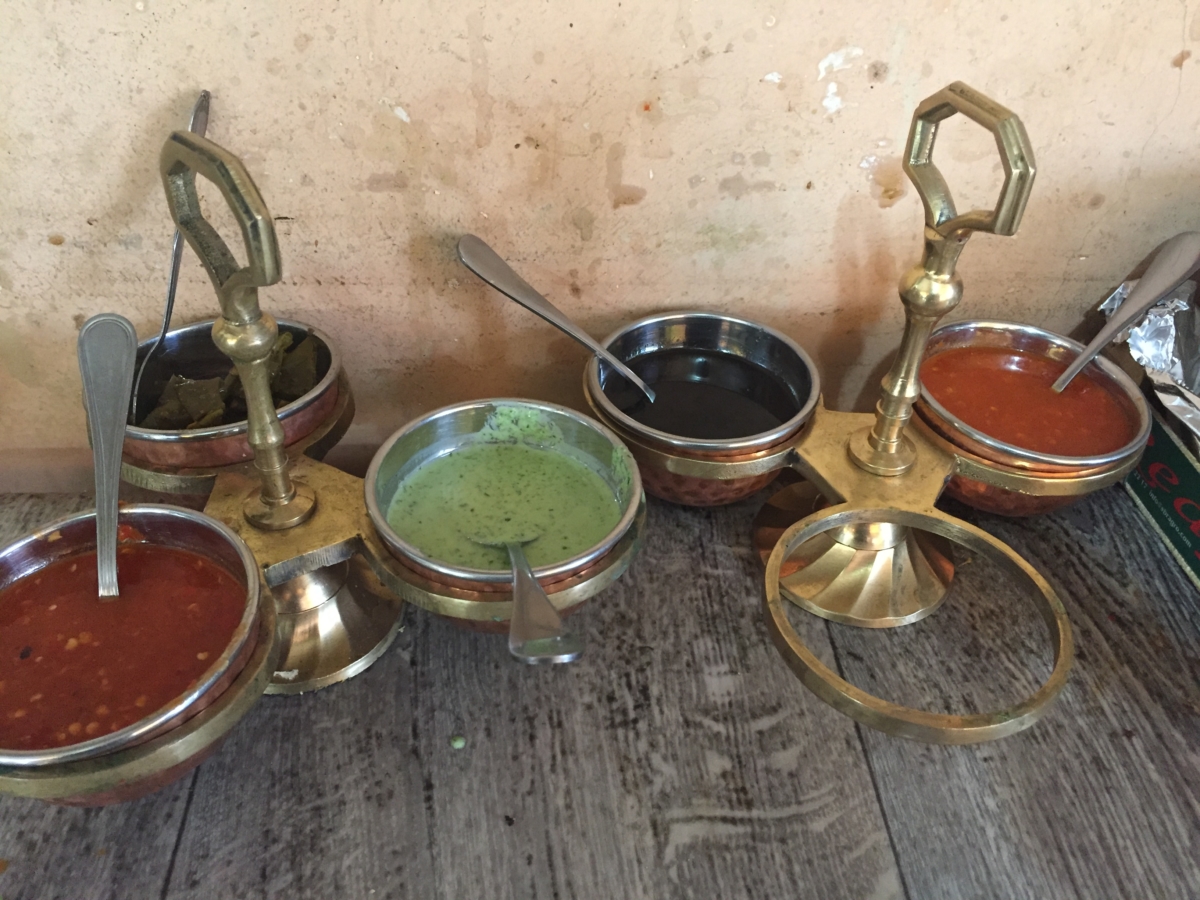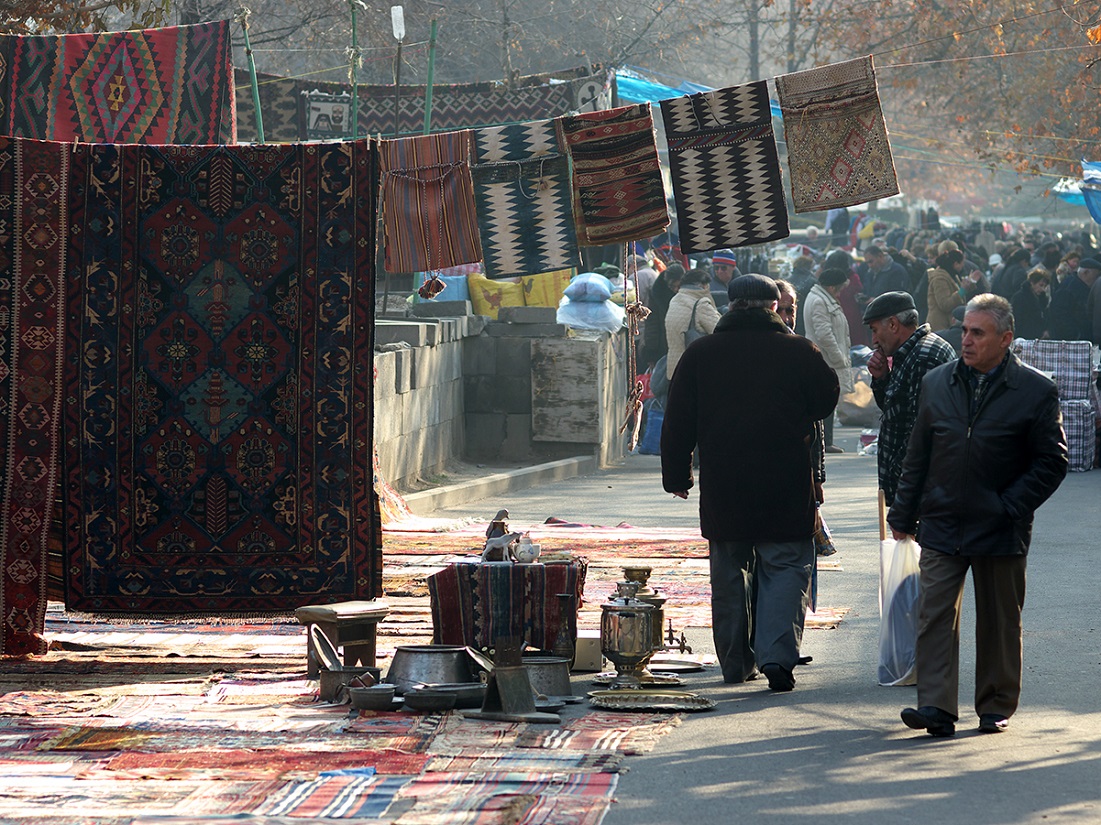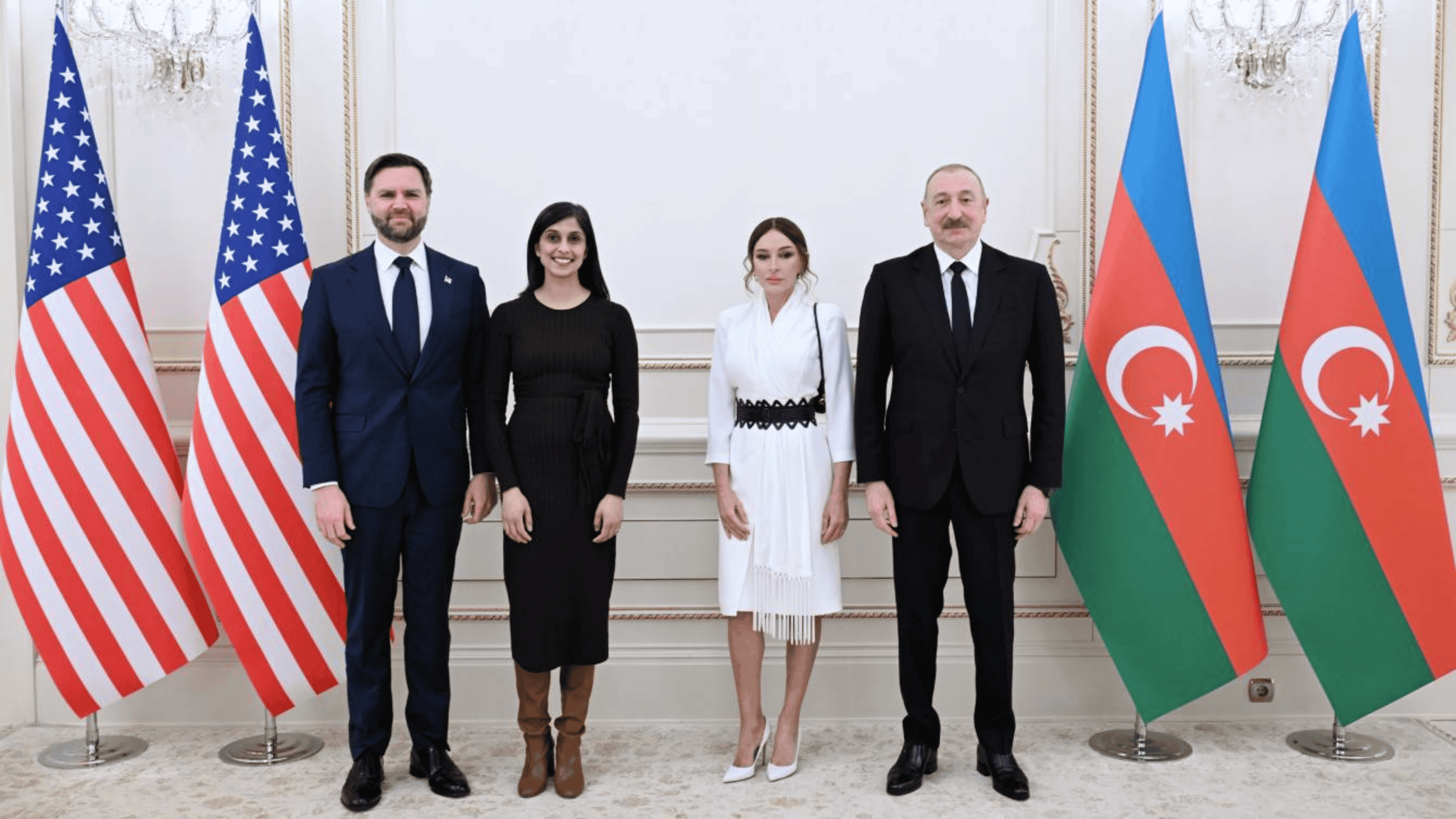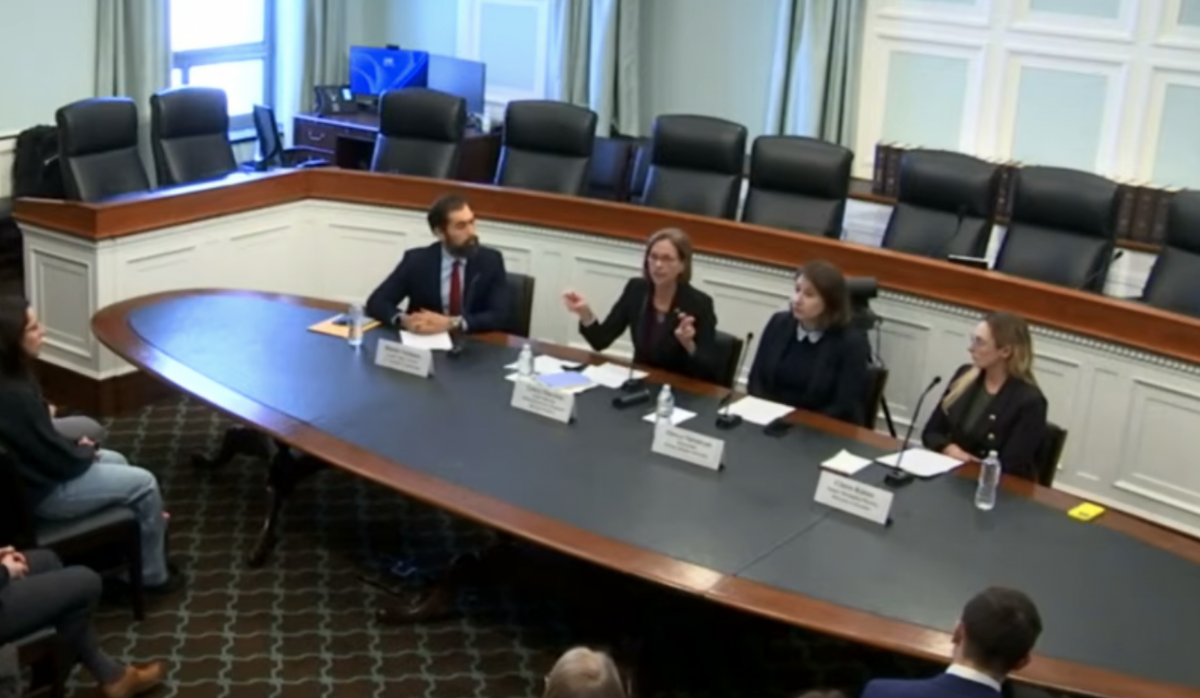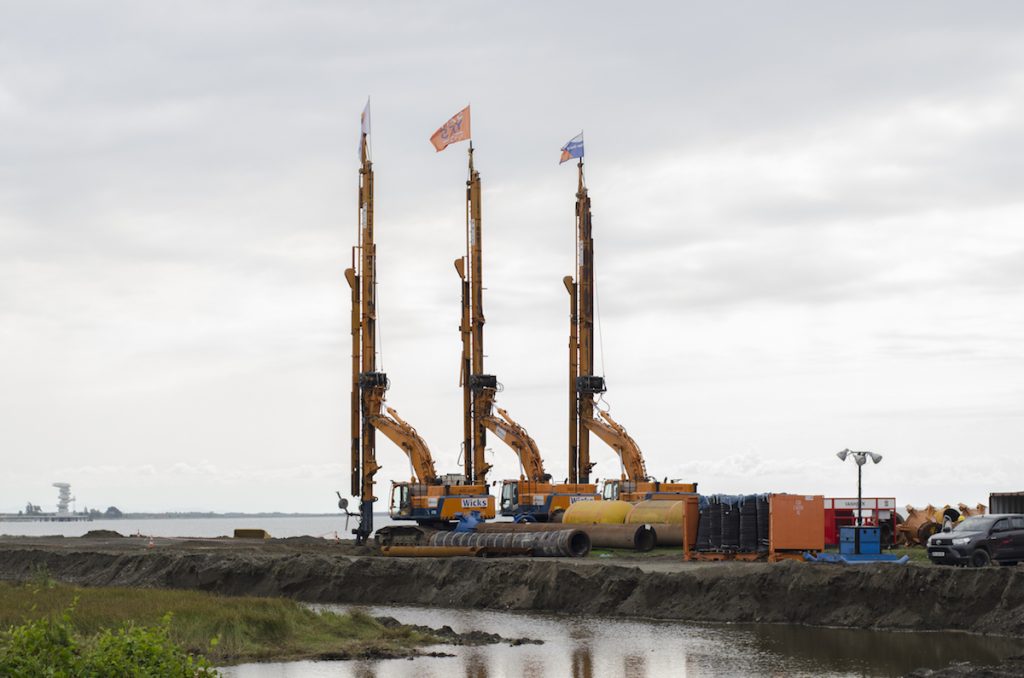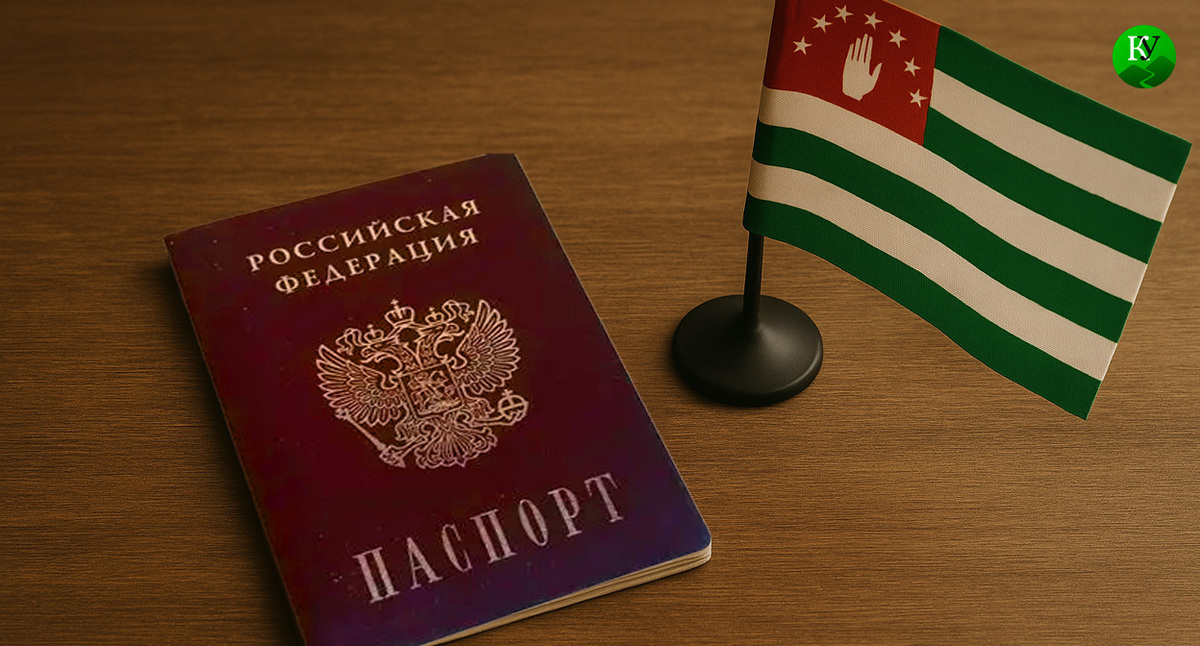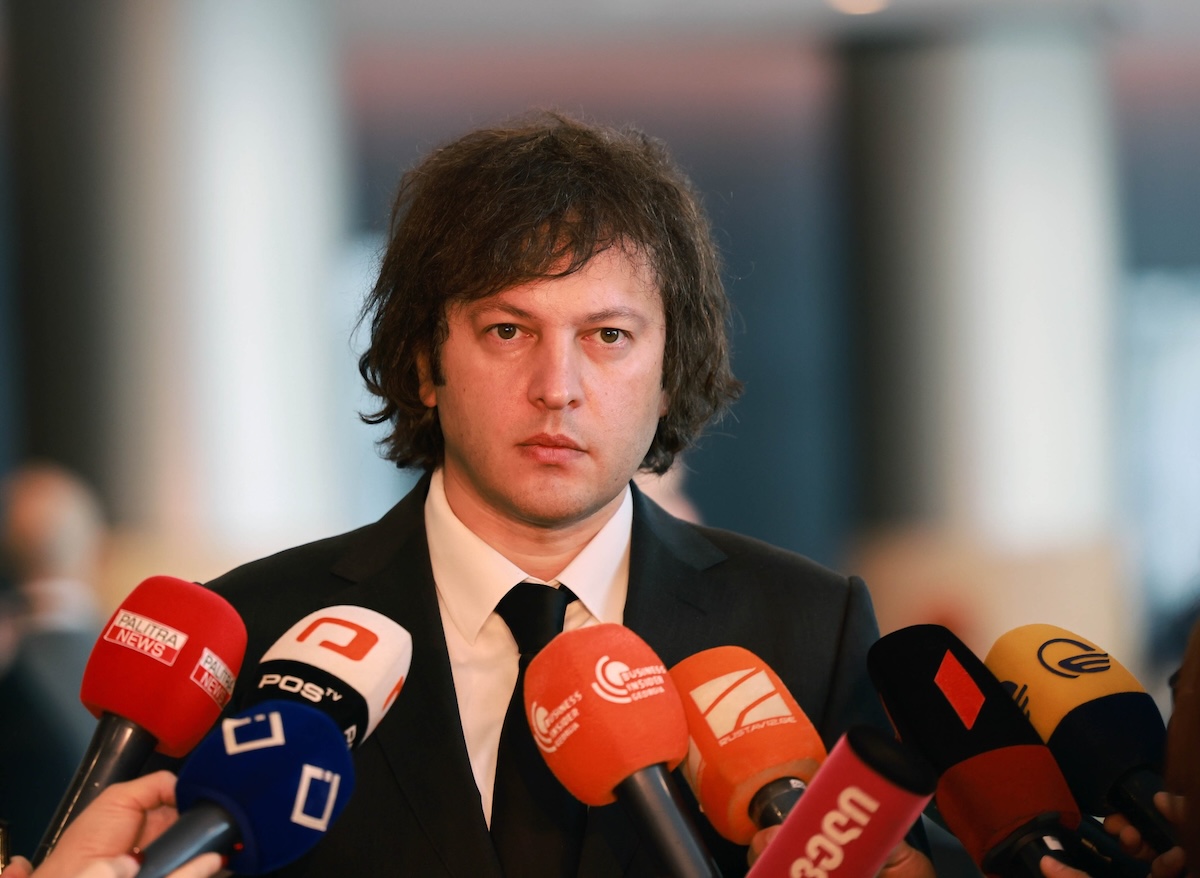Russia’s stricter migration laws to also impact Armenian citizens
Russia’s migration changes will affect Armenian citizens
Russia has introduced amendments to its migration legislation, tightening the time limits and conditions for foreigners staying in the country. These changes will also apply to Armenian citizens, despite the existing visa-free regime between Armenia and Russia. The new rules are expected to cause the most difficulties for those travelling to Russia for seasonal work.
- Labor migration from Armenia to Russia: Causes and consequences
- “Russia abandoned us at the most critical moment,” said the speaker of the Armenian Parliament
- How to keep labor migrants in Armenia? New EU proposal
“Deported within two days”
Armen A. returned to Russia for work at the beginning of this year. But just a few days ago, he was deported due to “lack of documents required under Russian law.”
“In recent years, I’ve travelled to Russia regularly. I would work for seven or eight months and then return. I never had any issues before. But this year didn’t go well. I kept changing jobs, moving from one place to another. In the end, I didn’t manage to register or sign a work contract. Police stopped me on the street by chance, checked my documents, and saw I had neither registration nor a contract. Within two days, I was deported,” he recounts.
In previous years, Armen says, Russia treated migrants more leniently. If there were problems with documents, people were usually fined or warned to fix the issue. But this time, the approach was uncompromising.
Russia’s migration restrictions
The amendments that came into force on 1 January 2025 affects the length of stay permitted for foreigners in Russia — including those entering without a visa, such as Armenian citizens. The allowed stay has been reduced from 180 days to a maximum of 90 days within each calendar year. This applies to those without a residence permit or a formal work contract in Russia.
The Armenian Ministry of Internal Affairs has expressed concern that this change could pose serious problems for drivers engaged in passenger or freight transport. These individuals are employed by Armenian companies and therefore lack employment contracts with Russian firms or residency status.
As part of the deportation mechanism introduced on 5 February 2025, Russia established a “Register of Monitored Persons.” It includes foreign nationals who have violated migration laws. Preliminary data suggests that between 30,000 and 40,000 Armenian citizens have been added to this list, which is regularly updated with new names. Armenian citizens can access the system and check their status.
Under a decree signed by the Russian president on 30 December 2024, foreigners with documentation issues were given the opportunity to legalise their stay until 30 April 2025. Failure to do so would result in inclusion on the deportation list. This deadline was later extended to 10 September 2025.
According to the latest changes, Armenian citizens travelling to Russia for work must register their place of residence with the migration authorities. They are also required to submit biometric data (fingerprints and photographs) and undergo prescribed medical examinations. In addition, within 30 days of entering Russia, they must obtain a certificate proving their knowledge of the Russian language — in effect, they will need to pass an exam.
476 Armenian citizens deported from Russia over five years
According to data published by the Main Directorate for Migration Affairs of Russia’s Interior Ministry, 476 Armenian citizens were deported from Russia between 2020 and 2024:
- 20 people in 2020,
- 217 in 2021,
- 47 in 2022,
- 100 in 2023,
- 92 in 2024.
In addition, 88,375 Armenian citizens were denied entry into Russia:
- 18,078 in 2020,
- 19,637 in 2021,
- 18,370 in 2022,
- 15,936 in 2023,
- 16,354 in 2024.
So far, there is no official data on how many Armenian citizens have been deported as a result of the migration changes that came into effect at the start of this year.
Entry to Russia via RuID mobile app
As of 1 June this year, new entry rules have come into force for citizens of visa-free countries — including Armenia. A unified identification and authentication portal has been introduced in the form of a mobile app called RuID.
Now, anyone travelling to Russia, regardless of the purpose of their trip, must notify Russian authorities through the app at least 72 hours before departure — or in emergency situations, no later than 4 hours in advance — about their intended entry date.
“In the mobile app, a person must open a profile, fill in their personal details, and submit a notification that they plan to enter Russia within 72 hours,” explained migration expert Tatevik Bejanyan.
After the application is submitted, Russian authorities will verify the information. If entry is approved, the applicant will receive a special code, which must be presented to border officials. Without this code, foreigners will not be allowed to enter Russia.
Trends in migration fows from Armenia to Russia in recent years
According to data from Russia’s Main Directorate for Migration Affairs, in 2021, a total of 138,946 Armenian citizens signed employment or civil law contracts in Russia. In 2022, this number dropped to 108,128, and in 2023 — to 82,420.
Notably, from 2024 onwards, this data is no longer being published.
A study conducted by the charitable NGO Armenian Caritas also confirms that the number of Armenian migrants within Russia’s foreign labour force has declined in recent years.
In 2021, Armenian migrants accounted for 5% of Russia’s foreign workforce (138,946 people), while in 2023, this figure had fallen to 2.3% (82,420 people).
“Since Armenia’s independence from the USSR, 95–96% of its labour migration flows have historically gone to Russia. As a result, any political, economic, or legislative developments in Russia — including the tightening of migration laws — have a significant impact on Armenian migration patterns. The 2023 figures are directly linked to the Russia-Ukraine war, sanctions against Russia, the decline of the ruble, and stricter migration rules,” explains migration expert Tatevik Bejanyan.
Position of Armenian government
Given that the overwhelming majority of Armenian labour migrants head to Russia, we contacted Armenia’s Ministry of Internal Affairs to ask what is being done to raise awareness and protect the rights of Armenian migrants.
The response we received indicated that state bodies are not directly handling these issues. Instead, the Ministry has delegated these responsibilities to a public organisation.
“The Migration and Citizenship Service of the Ministry of Internal Affairs of Armenia cooperates with the charitable NGO Armenian Caritas, which is currently implementing a programme to protect the rights of labour migrants and their families. An expert hired by Armenian Caritas handles calls made to the hotline (+374 98 33 40 53) and provides legal consultations to citizens who contact the service,” the ministry replied.
Migration expert’s proposals
Migration expert Tatevik Bejanyan emphasises:
“Labour migrants leaving Armenia for work are completely unprotected. It is human rights activists and NGOs alone who are dealing with the restoration of their violated rights. Not a single state body is addressing the problems of Armenian labour migrants.”
In her view, the urgent priority should be to diversify Armenia’s labour migration flows:
“It’s impossible to create jobs in Armenia for returning migrants within just a few months. But it is crucial to act swiftly, studying the experience of countries similar to Armenia.”
In this context, the expert proposes the following measures to the authorities:
- Appoint labour attachés or representatives in countries where large numbers of Armenian citizens work, to safeguard their labour rights.
- Allow private employment agencies to find overseas employers and act as intermediaries between Armenian workers and foreign companies — under strict government oversight.
- Develop mechanisms to protect the local labour market — for example, by introducing higher taxes for employers who hire foreign workers. This would encourage employers to consider local applicants more seriously.














